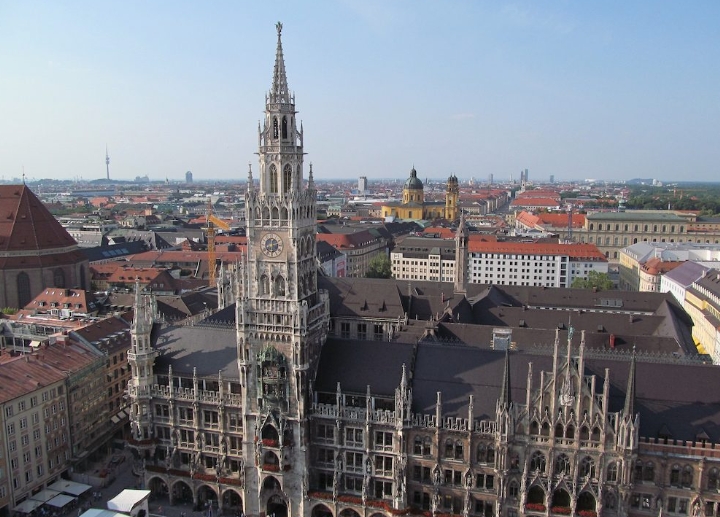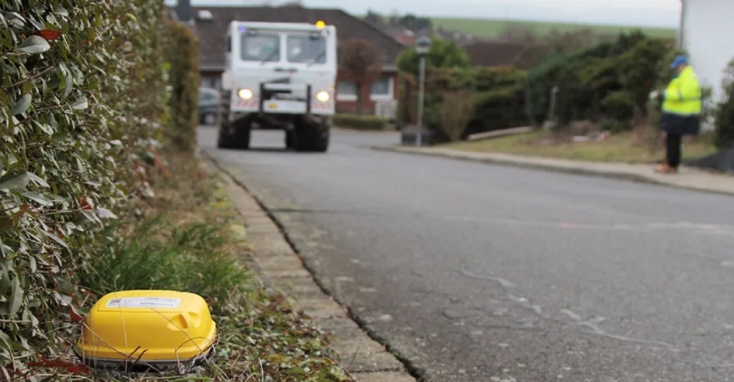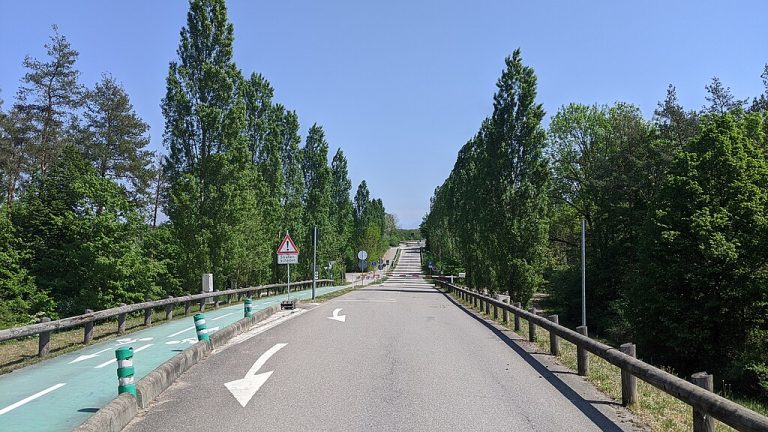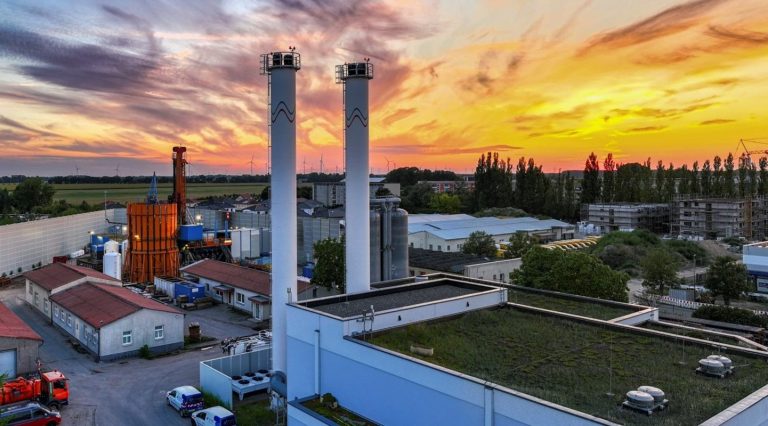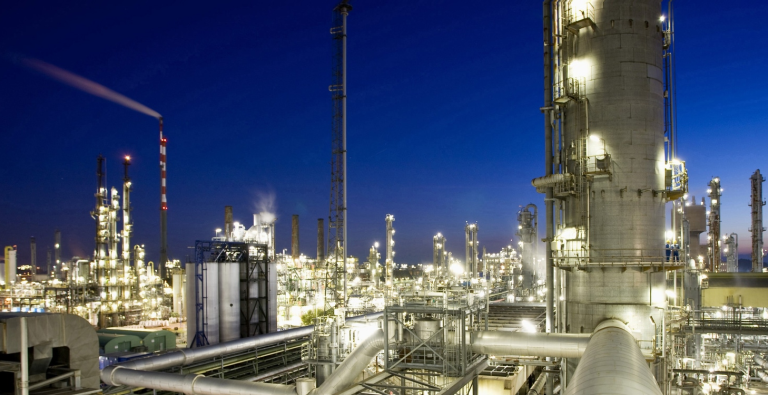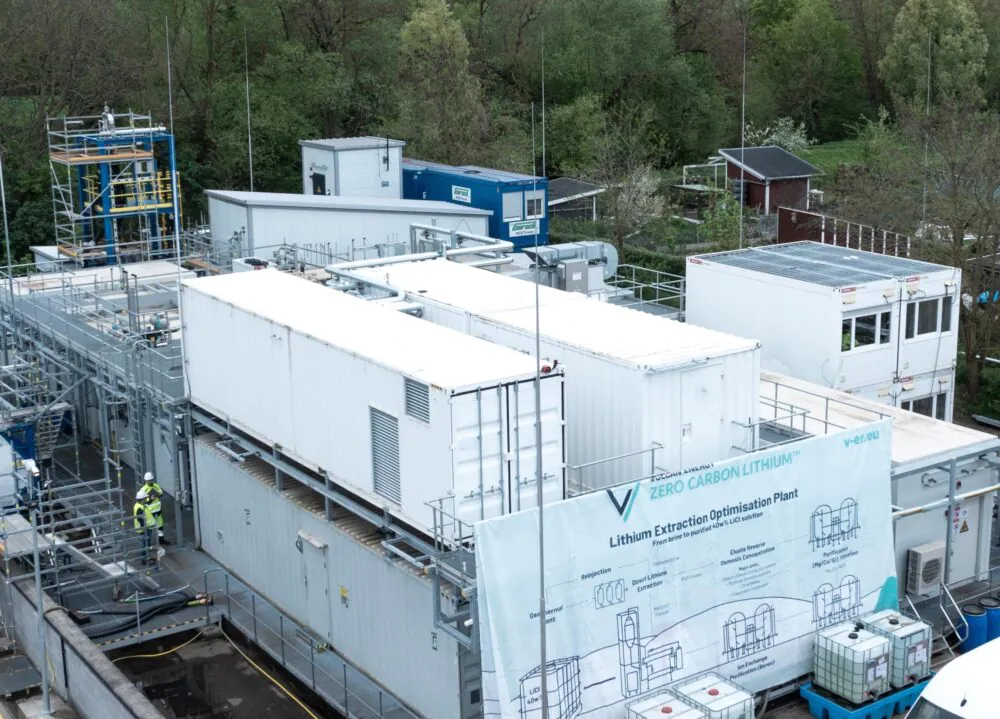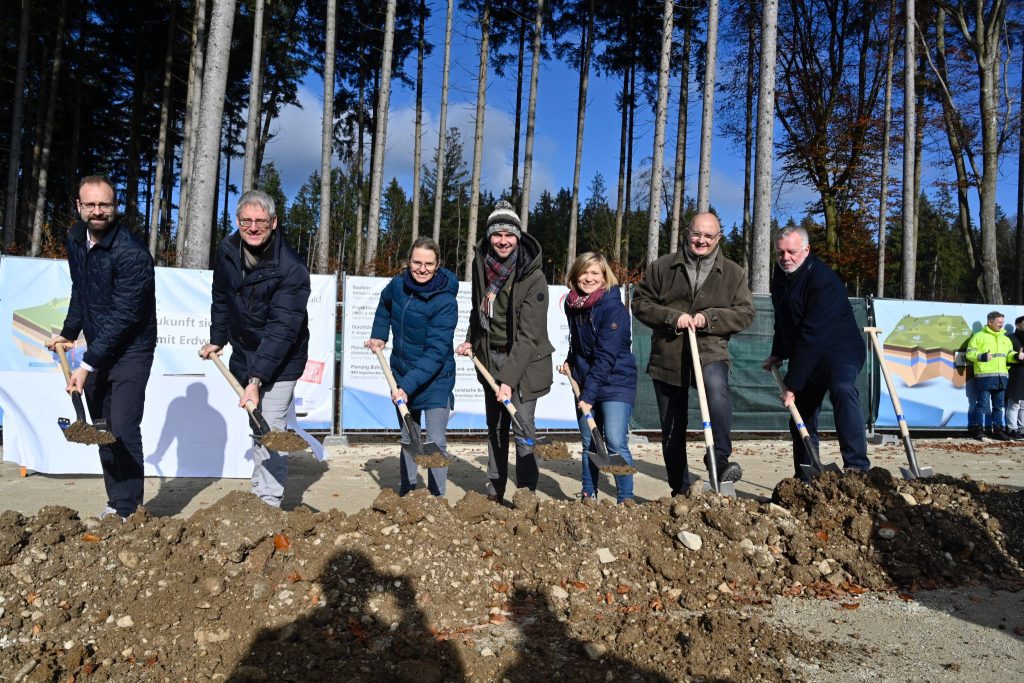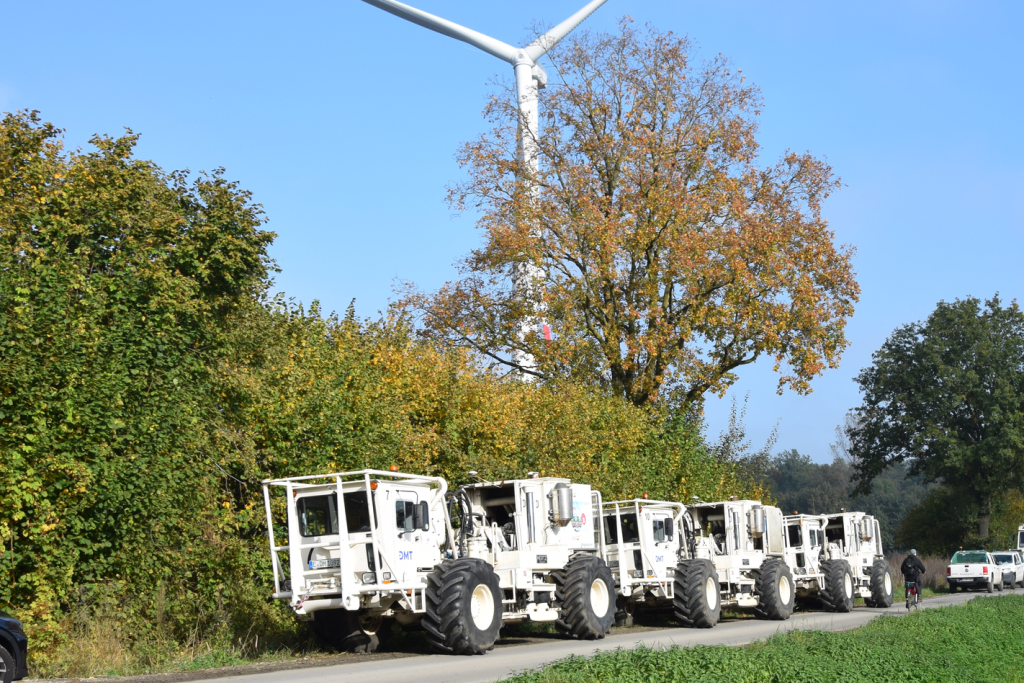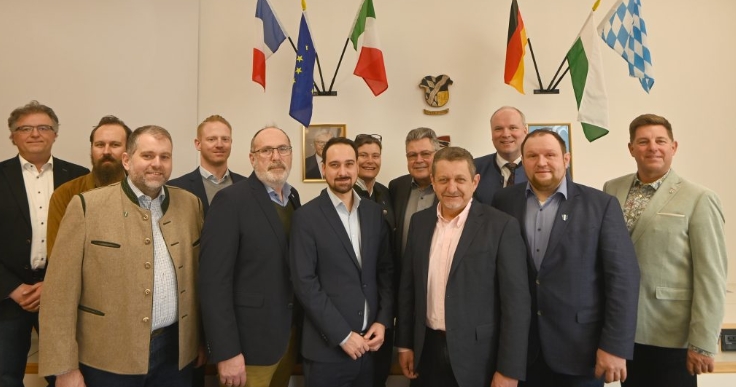
Kick-off meeting for heat planning of the ARGE Geothermie und Wärmewende
Representatives from the eight member German municipalities of the ARGE Geothermie und Wärmewende held a kick-off meeting to signal the start of the joint municipal heating planning. This is a special milestone, as the different municipalities will focus on heat planning not only internally, but will also consider the supply between municipalities.
The focus of municipal heat planning is almost always on the potential of a municipality and thus typically ends at its limits. “We want to change that quite consciously here,” says Mindy Konwitschny, Mayor of Höhenkirchen-Siegertsbrunn and spokesperson for the ARGE.
“Sometimes the municipal heat planning shows that an area should continue to be supplied with heat in a decentralized manner in the future – that is, with its own heating in the basement or a small local heating network. By looking beyond our own horizons, we want to examine, among other things, the extent to which synergy effects can be created in the network construction between the municipalities involved.”
The ARGE is an alliance of the eight municipalities Aying, Brunnthal, Grasbrunn, Hohenbrunn, Höhenkirchen-Siegertsbrunn, Neubiberg, Putzbrunn and Taufkirchen, as well as the district of Munich, that was founded in July 2023. The goal of the alliance is to advance the heat transition in the southeast of Munich, with a special focus on geothermal energy as a heat source.
The municipal heat planning project, funded by the Federal Ministry for Economic Affairs and Climate Protection, began in December 2024 and is scheduled to be completed at the end of this year. A service consortium led by RIWA GmbH has been commissioned to implement it.
“Municipal heat planning is a very important tool for the strategic development of heat supply in our district, which is currently still heavily influenced by oil and gas. Heat planning can be used to identify areas that can later be supplied sustainably with heat networks fed by geothermal energy, for example,” explains District Administrator Christoph Göbel.
The first step of the process will be to examine the current situation in each of the eight member municipalities. The potential for future heat supply within and across the municipalities will then be analyzed. Finally, various development options will be highlighted and an action plan will be developed that the municipalities can implement, both individually and together.
“The fact that eight municipalities are taking the lead here is an important sign that the heat transition is being taken seriously in our region. Because we must act now and set the course for the future. This will help the climate and increase the quality of life here in our homeland,” says Dr. Willie Stiehler, Managing Director of the Ebersberg-Munich Energy Agency.
